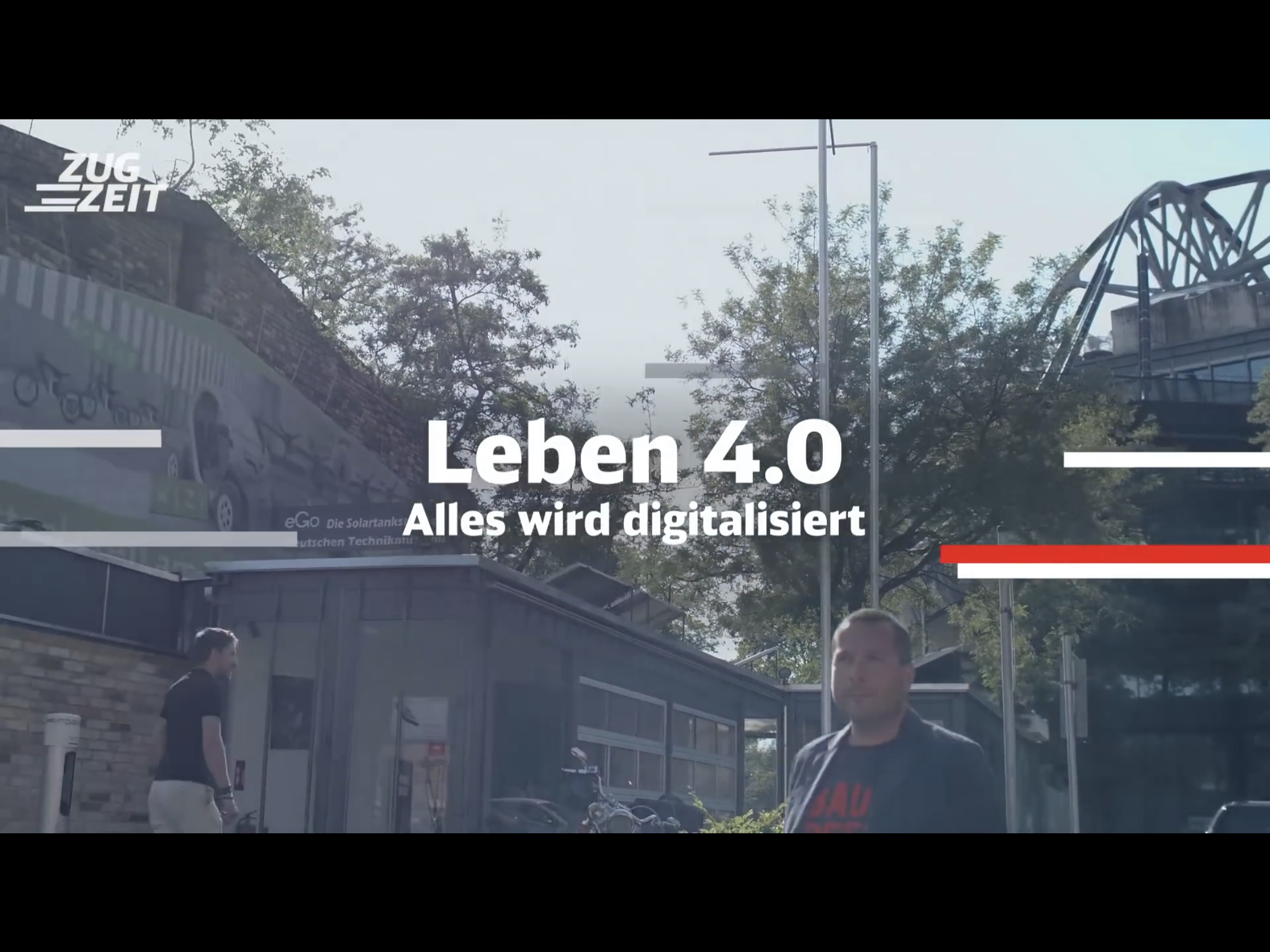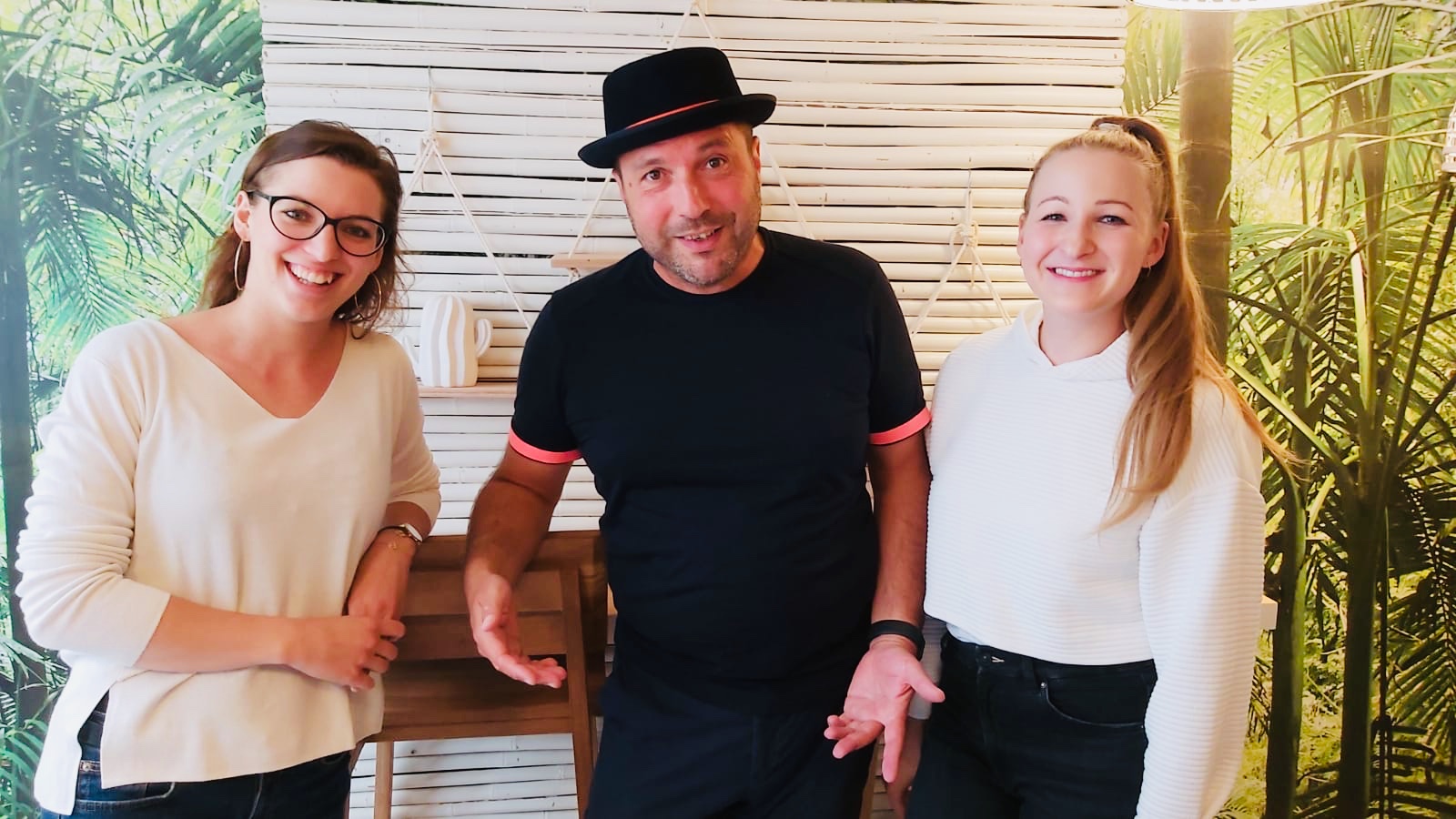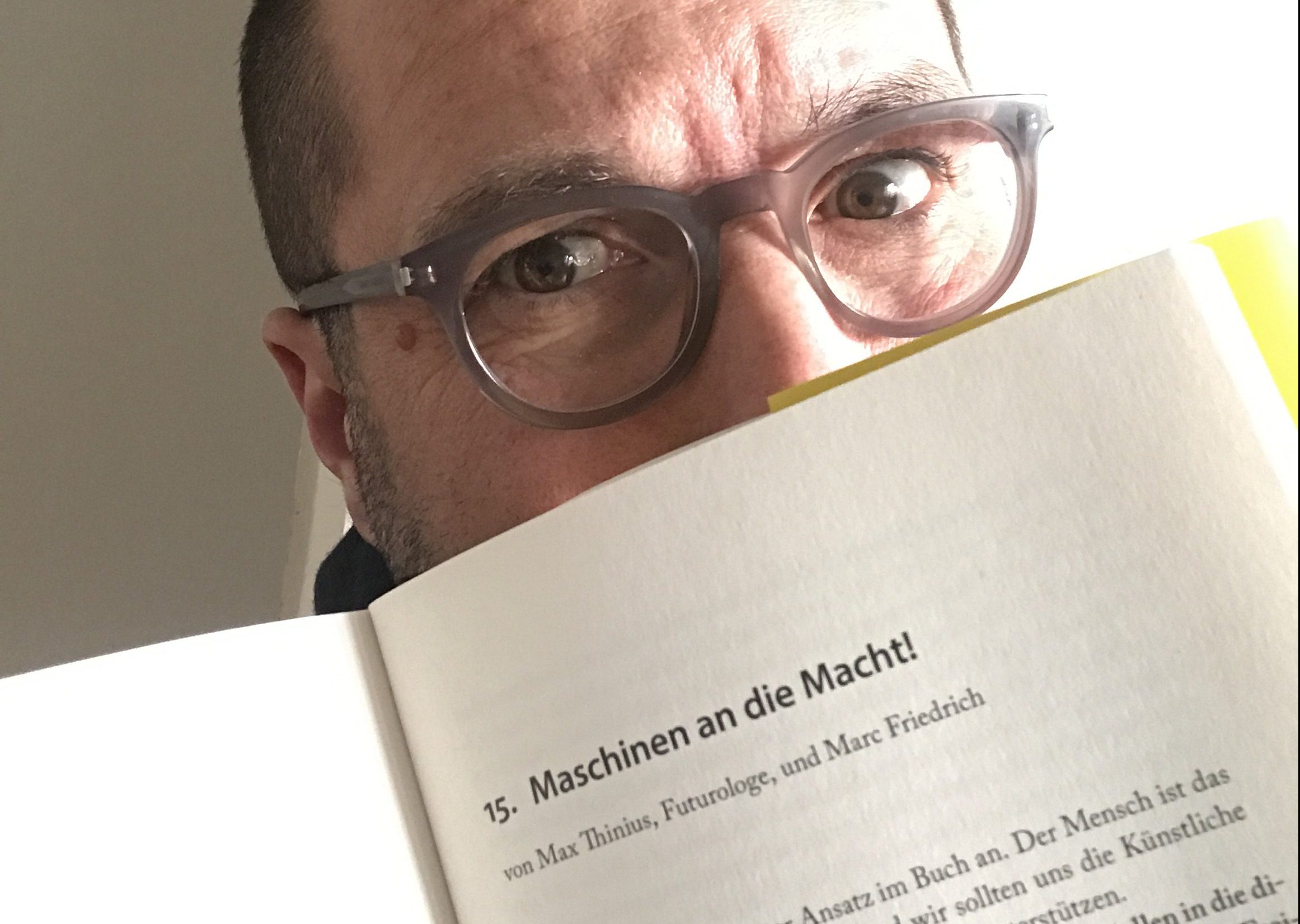Future and Project Advisory Board
To shape and maintain the own company, the region, in a long-term sustainable way. And, above all, to empower your own employees to do this “themselves” and thus to move the company. The problem Most innovations are linear. That means: from the record to the CD. But digitalization has made “Spotify” possible. And music is now no longer sold via CD stores, but by telecommunications companies and app platforms. So you have to rethink and move closer to other industries to recognize new visions of the future for your own business. Many companies bring start-ups into the company or cooperate with them. This is one way to get ahead, but often leads to a loss of authenticity towards existing employees – moreover, their longstanding know-how is not used. The solutuion A future/project advisory board that looks into specific projects or the overall development of the company at irregular intervals and compares them with future opportunities. The exchange and involvement of employees to steer their potential into the future. For certain problems, specialists from individual sectors …











You must be logged in to post a comment.